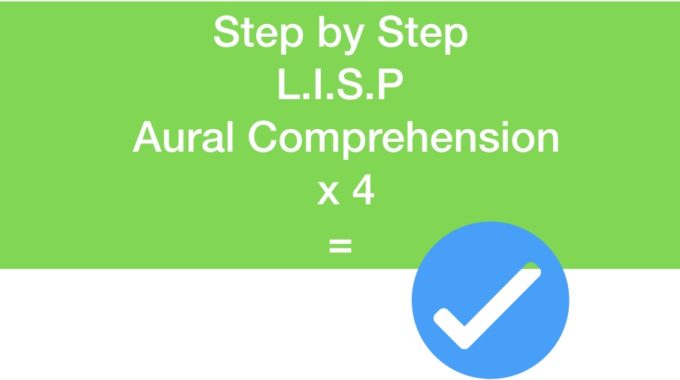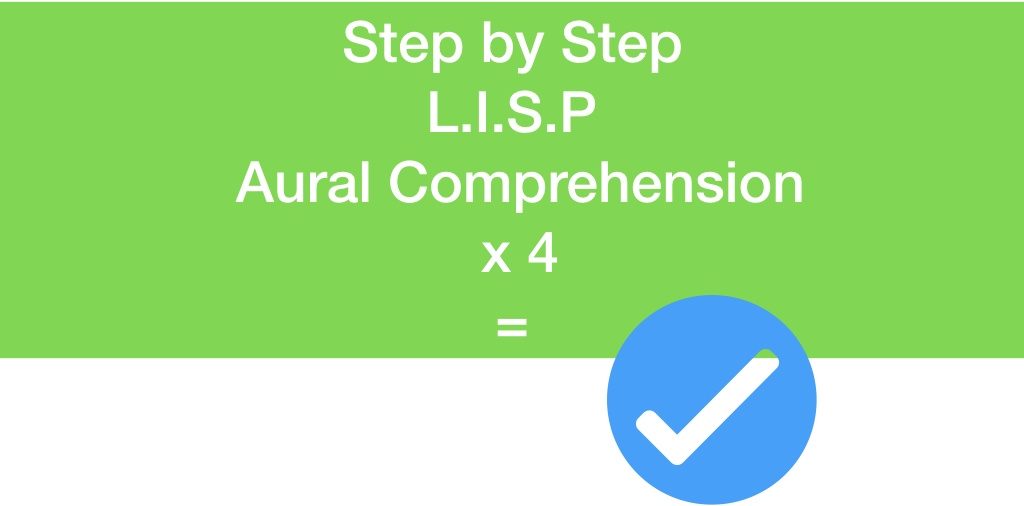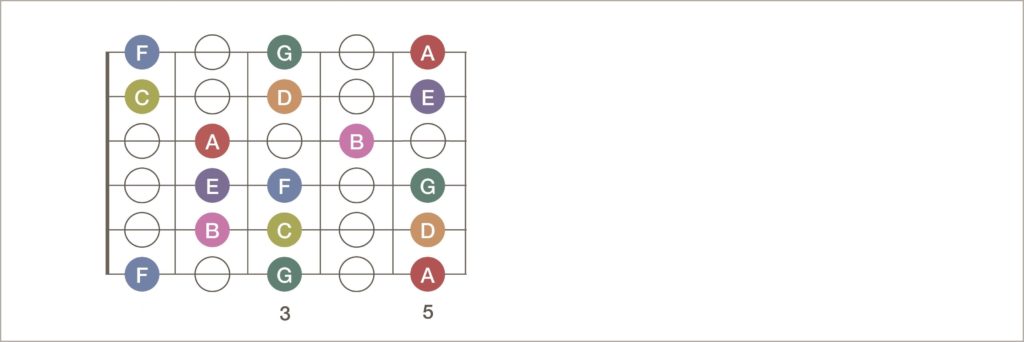Why sing before you play? Why do we learn chords on the guitar?How to create strumming patterns?....

Lesson 4 – How to play a melody
This is the video transcript of lesson number 4 of the Beginners Guitar Course: How to play a melody.
- You may read the transcript of the Beginners Guitar Course lesson one, here.
- You may read the transcript of the Beginners Guitar Course lesson two, here.
- You may read the transcript of the Beginners Guitar Course lesson three, here.
Consolidation exercises
As mentioned, every week I add one more exercise to your daily 20 minute guitar practice session.
The new guitar exercise builds on the previous. Do not practice only the new exercise because you will not learn and you will feel very frustrated and give up.
You must consolidate all the previous musical examples on a daily basis. The better you know them the easier it will be to learn new musical material. It will take you 10 weeks to consolidate all.
I have designed every exercise to help you improve your aural rhythmic and performance skills gradually. You need to work and build on these three skills on a daily basis. Please practice the program in order so as you may achieve the learning goals that I established.
Do not concentrate your practice on what you do not know, practice and have fun with what you know and then add new music new every week.
You must practice every exercise exactly the way you learnt it. If you cannot do such please go back to the video to refresh.
The song
This is the new song you will learn, where I combine the C, Am, Em, and G chords. It also has four eight bar melodies, that I created with the C scale.
What new vocabulary do you need to learn to master, play this song and learn how to play a melody:
- The C scale with open strings.
- 4 melodies of 8 bars duration.
How are you going to learn?
(Step by step + LISP routine + aural comprehension + repetition ) x 4 = Happiness

Step by step, applying the LISP routine with a lot of aural comprehension, then you add quite a few repetitions and you will end playing fluently the song.
Step one
In Step one you will learn the C scale, with open strings, the alphabet, with which all these melodies are constructed. In other words, you will practice the pathway, where to find all the melodies. This the first step for how to play a melody.
Step two
In Step two you will learn to play slowly each of the individual 4 melodies using the L.I.S.P routine.
Step three
In Step 3 you will consolidate with: On your own routine.
Step four
In Step four you will combine all the 8 melodies.
Step 1 – The C scale
I will start on the 6th string and play it from E. Play along with me and sing the sound. I will now play it descending from the G note.

Let’s play now two notes per beat. How do you count two notes per beat ? You add the word and, in between. In order to play each note two times per beat you will need to alternate your index and middle fingers as in the video.
- Play along with me.
-
Play along with me descending from G.
-
Rewind and repeat.
Step 2 – L.I.S.P Melody 1
- Listen
- Imagine
- Sing
- Play Comprehend
Before you play, comprehend what happens on each beat of the melody, in order. Ask your self the following questions, sing and point to your fingers. This will help you learn how to play a melody.

Per Beat: How many notes?
Per Note: Same, up or down?
Beat one
How many notes are there? None.
Beat two
How many notes are there? Two.
Are they both the same? Yes.
Beat three
How many notes are there? Two.
Are they both the same? Yes.
Beat four
How many notes are there? Two.
Are they both the same? No.
1st note, same, up or down? It goes up.
2nd note, same, up, or down? It goes up.
Next bar
Beat one
How many notes are there? One.
Same as the previous, does it go up, or down? Same.
Beat two
How many notes are there? One.
Same as the previous, does it go up, or down? It goes down.
Beat three
How many notes are there? One.
Same as the previous, does it go up, or down? Same.
Beat four
How many notes are there? One.
Same as the previous, does it go up, or down? Down.
Note: These two bars are repeated twice.
On your own
Stop the video and play the two bars on your own. Consolidate your how to play a melody.
Play along with me
Play along with me at half the tempo.
Play along with me at the original tempo
Rewind and Repeat full L.I.S.P of Melody 1
L.I.S.P. Melody Number 2
- Listen
- Imagine
- Sing
- Play Comprehend
Before you play, comprehend what happens on each beat of the melody, in order. Ask your self the following questions, sing and point to your fingers. This will help you learn to play a melody.
Per Beat: How many notes?
Per Note: Same, up or down?
Beat one
How many notes are there? One, it is a D.
Beat two
How many notes are there? One.
Where does the note start? On beat 2 and.
Same as the previous, does it go up, or down? It goes up.
Beat three and four
Same as one and two.
Next Bar
Beat one and two
Same as previous beats one, two, three and four.
Beat three
How many notes are there? Two.
Are they both the same?No
1st note, same, up or down? It goes down.
2nd note, same, up, or down? It goes down.
Beat four
How many notes are there? One.
Same as the previous, does it go up, or down? It goes down.
On your own
Stop the video and play the two bars on your own.
Play along with me
Play along with me at half the tempo.
Play along with me at the original tempo.
Rewind and Repeat full L.I.S.P of Melody 2
Practice the song
- Play along with me Melody one and two 4 times.
- Play along with me the chords of Melody one, 4 times. They are the same as you have played in Song number one and two.
Assignments
Repeat the video as many times as you need to until you have memorised how to play the scale and melody number 1 and 2.
L.I.S.P Melody 1, 2
After you have L.I.S.P the melody, write in detail your replies to:
- Per beat: How many notes ?
- Per note: Same up or down ?
Record yourself
Once you have memorised the melody (pitch and rhythm). Record yourself in video, with your phone, playing along the corresponding melody track.
Your recording must answer yes to the following check questions. Once you are satisfied please submit your recording to the teacher.
Check questions
- Did you turn on your metronome?
- Did you tap your feet while recording?
- Did you count it in?
- Did you sing what you were doing?
You have access to tabs of all melodies in your drop box folder.
Music Production and Songwriting
A thorough understanding of how to hear and play a melody will help you write your songs matching closely your emotions and words to the appropriate chord and melody. Read more about how to write a song.
Please follow this link to the main page to explore all available courses at my Wollongong Sydney Guitar Lessons site


